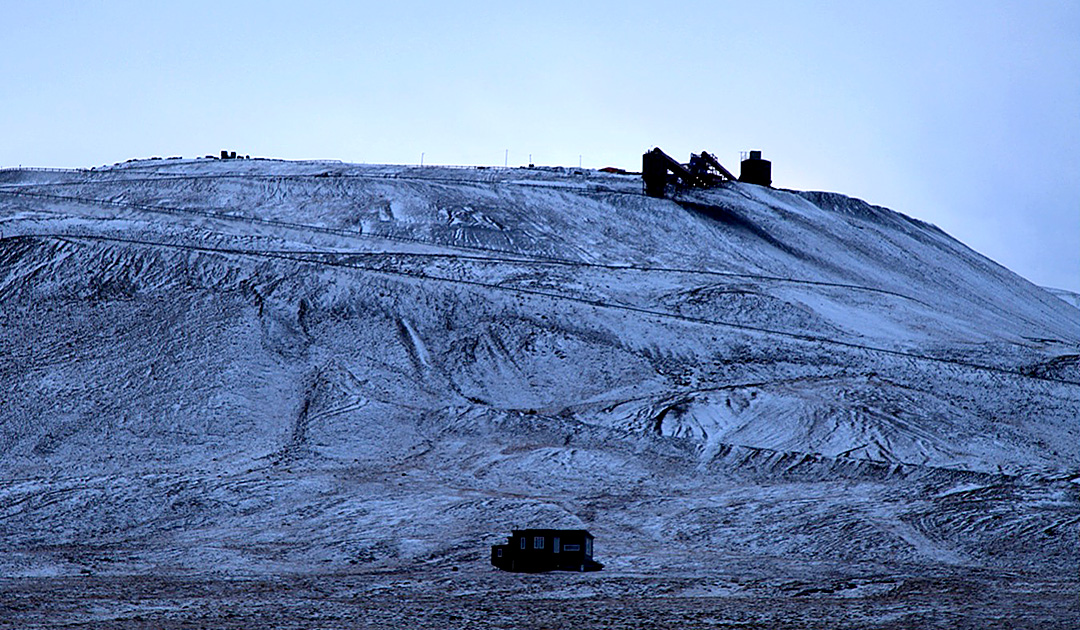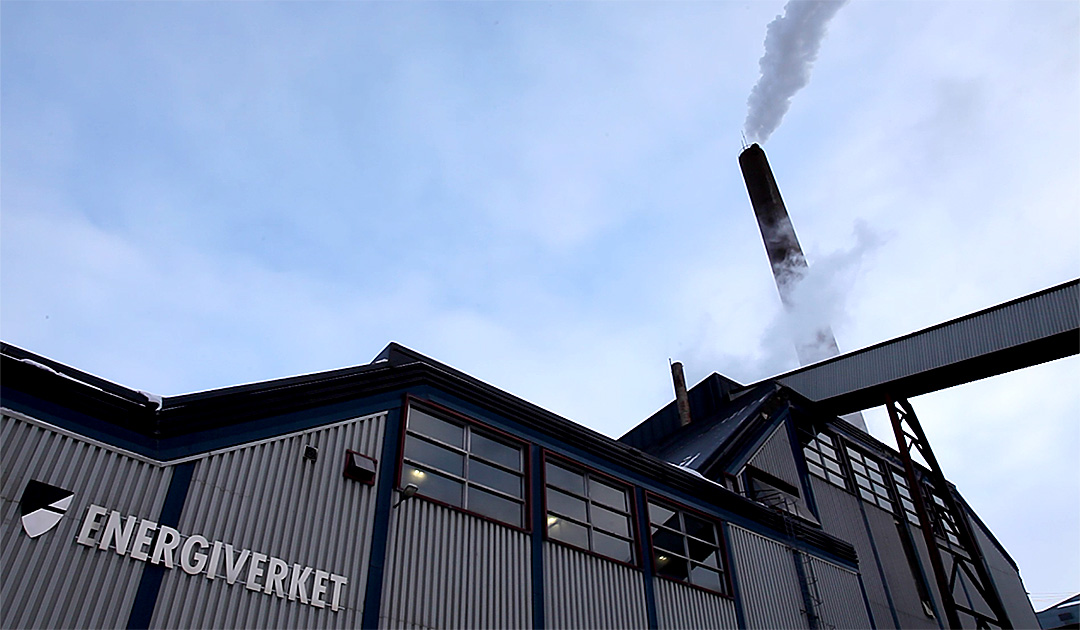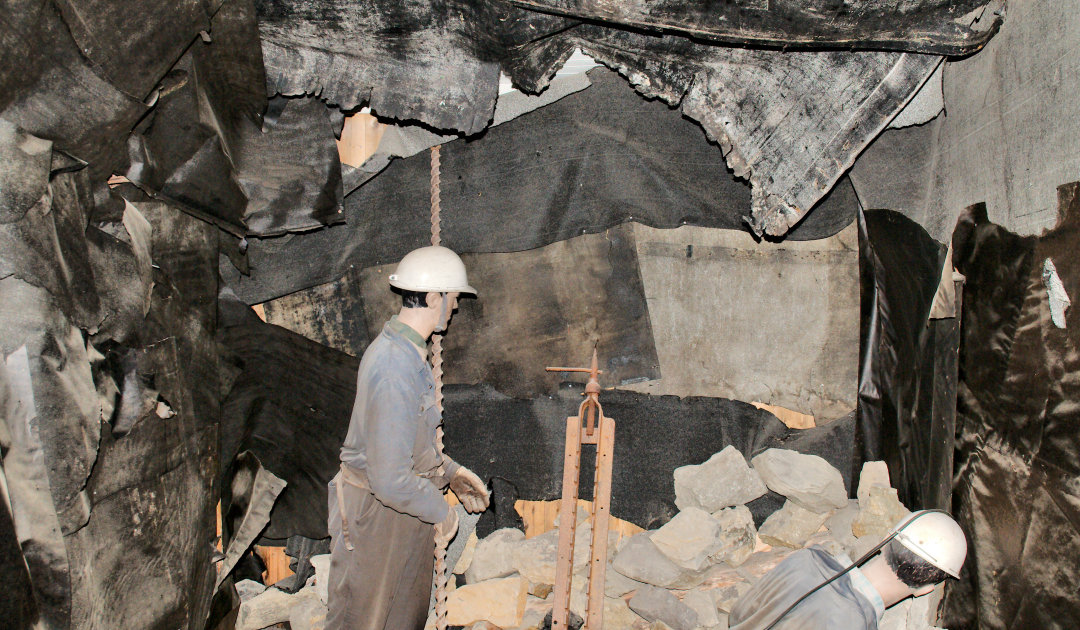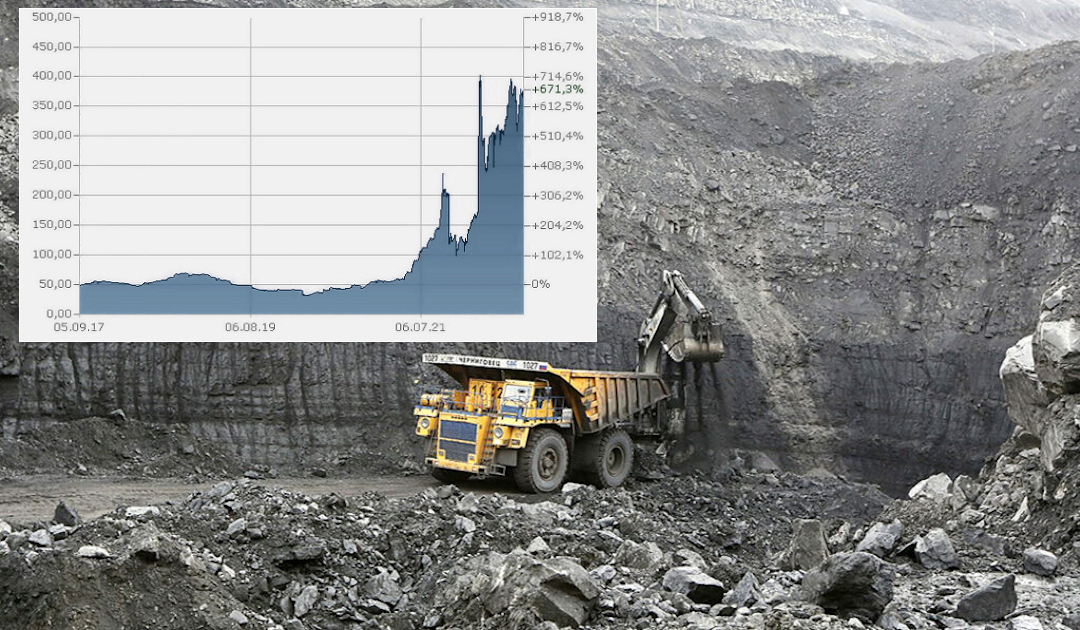
The war currently raging in Ukraine shows once again that wars are good for certain sectors of the economy, but bad for the environment. This is because the rise in oil and gas prices means, on the one hand, a considerable increase in the wallets of many production companies and, at the same time, a reorientation of the electricity and heat production of numerous countries due to massive price increase and the supply fragility, especially in Europe, where people are going back to fossil fuels. Because winter is coming. This reorientation now gives the last coal mine near Longyearbyen on Svalbard a two-year reprieve from the threat of closure. The savior in this case comes from Switzerland and Germany.
Swiss specialty chemicals company Clariant and mine operator Store Norske last week signed a contract to supply coal to Clariant Germany for industrial production in the coming years. This was reported last Friday by the companies and the local newspaper Svalbardposten. This will cancel the closure of the mine planned for next year and even increase the existing 40-45 jobs, Store Norske announced. “This is a good solution for all parties. We can mine the available coal reserves in Gruve 7 and, through this agreement with a customer with whom we have had a long professional relationship, we have the certainty of good profitability with low market risk,” Store Norske CEO Jan Morten Ertsaas tells the newspaper.

For workers at the mine, the news from Store Norske headquarters is music to their ears. Because they had already been threatened with the loss of their jobs on Svalbard for two years. After the closure of the Svea mine five years ago, Gruve 7 was the last mine still operating within a once great industry, coal mining. On the one hand, the mine produced the coal for local energy production in Longyearbyen, which was the main customer for a long time. But after 2021, when the new government in Oslo wanted a change in Longyearbyen’s energy production, the end of the mine seemed to be in sight. Even the rising price of coal and the fact that more coal was supplied to the largest other customer, Germany, made no difference. From 42,000 tons in 2020, exports increased by 47 percent to 62,000 tons and a jump in sales of 2.4 million euros. Nevertheless, the coal mine was to close its doors for good at the end of 2023 and Store Norske was to embark on a new path, war and uncertain supply situation or not.

For the Swiss chemical company Clariant, the impending closure was also bad news. This is because the company had already been relying on coal from Europe’s northernmost region for 40 years to produce chemicals from the high-quality fuel. These are mainly used in catalyst production, which in turn are applied in petrochemistry, emission control and other specialties. This means that expensive coal will at least not be used to heat up coal-fired power plants, which will once again provide light and heat in Germany in the coming winter.
We must assume our share of responsibility for the security of supply of raw materials. Therefore, the State, as owner, will not object to the conditional extension until July 2025.
Jan Christian Vestre, Minister of the Environment Norway
An aspect that is very important to the Norwegian government as the owner of Store Norske. That’s because it has decided, probably grudgingly, not to stand in the way of extending the mine’s operation. “Today it is not possible to produce steel without coal, so we believe this is the right thing to do for Norway,” says Norway’s Environment Minister Jan Christian Vestre. “We must fulfill our share of responsibility for the security of supply of raw materials. Therefore, the state as owner will not object to the conditional extension until July 2025.” As recently as last May, the president of Longyearbyen’s municipal council, Arild Olsen, had written to the government demanding clarification on whether or not the mine could contribute to Norway’s energy supply. But Minister Vestre now provided an answer indirectly: “The coal produced in the extended period must not be burned in environmentally harmful coal-fired power plants, but must be used for industrial production, including as a reducing agent for steel production in Europe.”

For Store Norske, the two-year postponement means an opportunity, on the one hand, to better position itself in the new areas of real estate, logistics and tourism planned for after the closure and, on the other hand, to be able to generate the necessary financial resources for this. This is because the price of coal has risen sharply since last year and is now more than 650 percent higher than the price of coal when the decision was made to close the mine, not least because of the war in Ukraine. All of them are again relying on coal for energy generation, among other things. However, there are also numerous industries that rely on coal in other ways. And because Russia, traditionally the “old”coal supplier for Europe, is falling out of the equation due to the embargo, Store Norske can return to its roots… at least for the next two and a half years.
Dr Michael Wenger, PolarJournal
More on the topic





